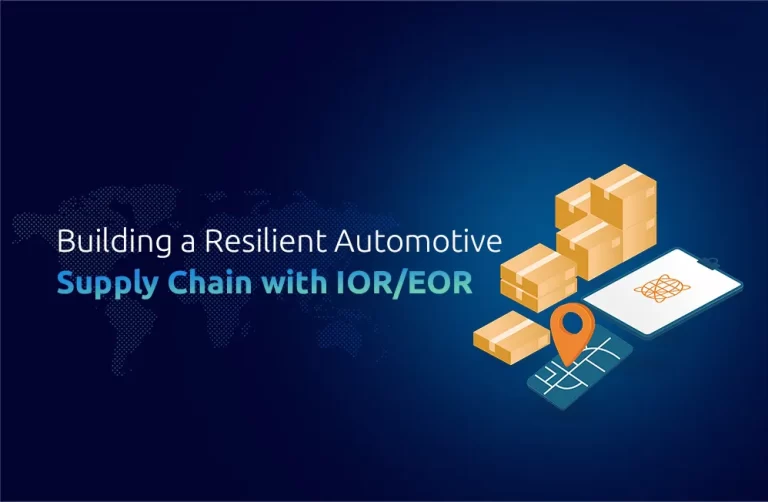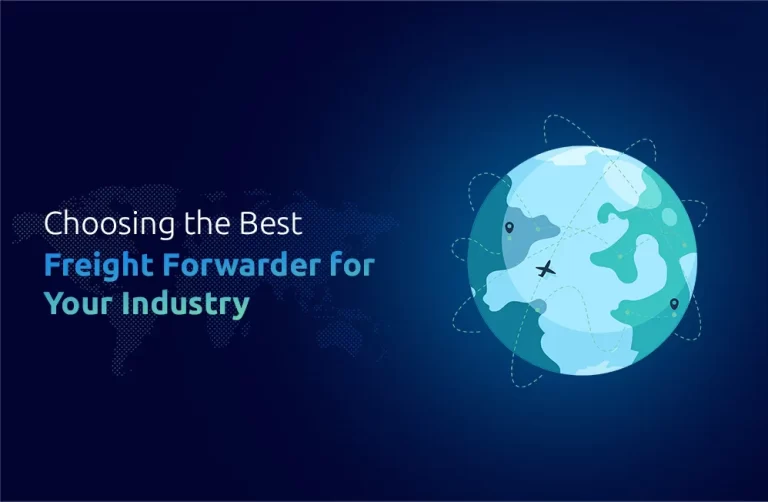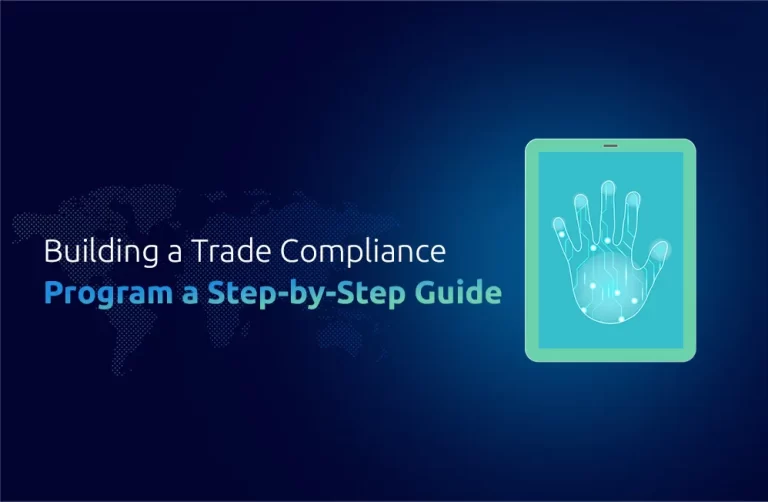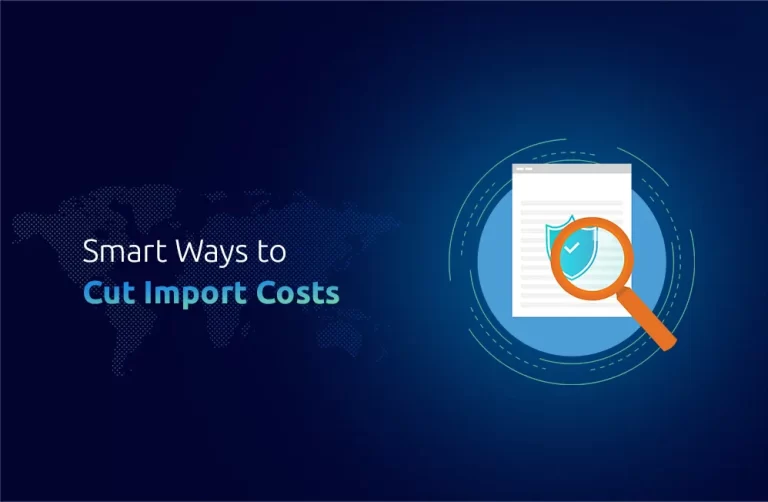It is crucial to adhere to all necessary paperwork and rules in international commerce, not only while requesting approval from India’s customs agency but also when importing products into the target nation. With simple record keeping and little effort, the likelihood of breaking international compliance regulations is reduced.
Who Could Make Advantage Of IOR Services?
IOR services are often necessary for corporations moving commodities, as opposed to individuals transporting things. For instance, a company that wants to import dual-use items globally—a word that mostly refers to IT equipment—might not yet have a registered firm in the nations they want to import into.
Even if the firm employs people in the nation where the products are being transported, they may lack the necessary skills to fulfill all the criteria and adhere to the right protocols. The company shipping the items finds it considerably simpler to work with an IOR.
Why Is Using An IOR Recommended?
Ultimately, you may feel secure knowing that your products will arrive at their destination securely, swiftly, and lawfully if you use an Importer of Record rather than trying to handle the import or export of goods yourself. Working with an IOR is one approach to reduce the likelihood of errors while shipping products, which may also help you avoid higher transportation risks, more expenses and delays, or even the failure to complete a contract.
What Are An IOR’s Duties And Responsibilities?
An Importer of Record (IOR) plays an important role in simplifying shipping services by covering many important tasks. One of their main responsibilities is to make sure conformity with customs & government laws, which includes preparing all needed entry documentation.
The IOR begins by inspecting & categorizing the imported items to make sure they are correctly classified. They also verify that all transportation papers & documentation are correct, which helps to facilitate a smooth entry into the destination country. Also, the IOR must ensure that all legal requirements & conformity standards are met at the import location.
Another key duty is to settle any taxes, duties, & other required payments associated with the import process. The IOR takes on the responsibility for the accuracy & accountability of the goods & items at the time of import. Likewise, the IOR temporarily holds ownership of the shipment until the imported items receive full approval for distribution. This makes sure that all processes are completed correctly before the goods are released.
Upon Importing The Cargo, It Is Anticipated That An IOR Will Confirm The Following Documentation:
- Classification of products: Information on the kind and cost of the imported commodities
- Licenses for import and export: Licences and permits for import and export
- Taxes, charges, and fees: receipt and documentation for all applicable taxes and levies at the time of import
- Attorney-in-fact (POA): documentation designating a person to assume jurisdiction for the items at the moment of import on behalf of the IOR
- Any standards for compliance unique to the nation of importation
Why Are Record Importers And Exporters Of IOR And EOR Services So Crucial?
It is vital to have a legitimate company or established firm in the source or destination nation to import and export any kind of commodities. This job may be handled by the importer of record IOR or exporter of record EOR, who will handle the import/export procedures and any additional taxes up until the delivery, is completed.
As part of a cargo transaction, they are formally acknowledged by the governments. Importer of Record and Exporter of Record make sure that all applicable laws and rules are followed in order to do business with a new nation. Customers may export warranty or replacement stock to foreign nations with the help of these services.
It is vital to have a legitimate company or established firm in the source or destination nation in order to import and export any kind of commodities. This job may be handled by the importer of record IOR or exporter of record EOR, who will handle the import/export procedures and any additional taxes up until the delivery, is completed. The governments formally acknowledge them as a component of a cargo transaction.
Differentiating Between Consignee And Record Importer
In the complex web of global trade, knowing the distinct functions of an Importer of Record and a consignee is like being able to distinguish the different strokes in a large painting. The consignee is the receiver whose name appears on the maze of paperwork; they await the delivery of the goods but are exempt from any legal obligations that may fall on the Importer of Record. Meanwhile, the Importer of Record, who is in charge of managing the legal complexities of the journey, molds the story of the overseas shipment:
- obtaining the import license that is essential to entering the kingdom of commerce
- coordinating the dance with agencies and customs brokers
- Making sure the cargo insurance acts as a shield against unanticipated hardships
Conclusion
In summary, the Importer of Record (IOR) serves as the keeper of compliance and the cornerstone of accountability, and as such, is essential to the smooth operation of international commerce. Goods may cross international borders with ease because of IORs’ skillful navigation of complex customs rules and meticulous attention to detail in document management.
To make sure that every transaction complies with the regulatory requirements of the destination country, they often work in conjunction with customs brokers to strike a balance between legal expertise and strategic operational factors. IORs need to be proactive in anticipating changes and implementing best practices to avoid risks as global trade rules continue to change.










